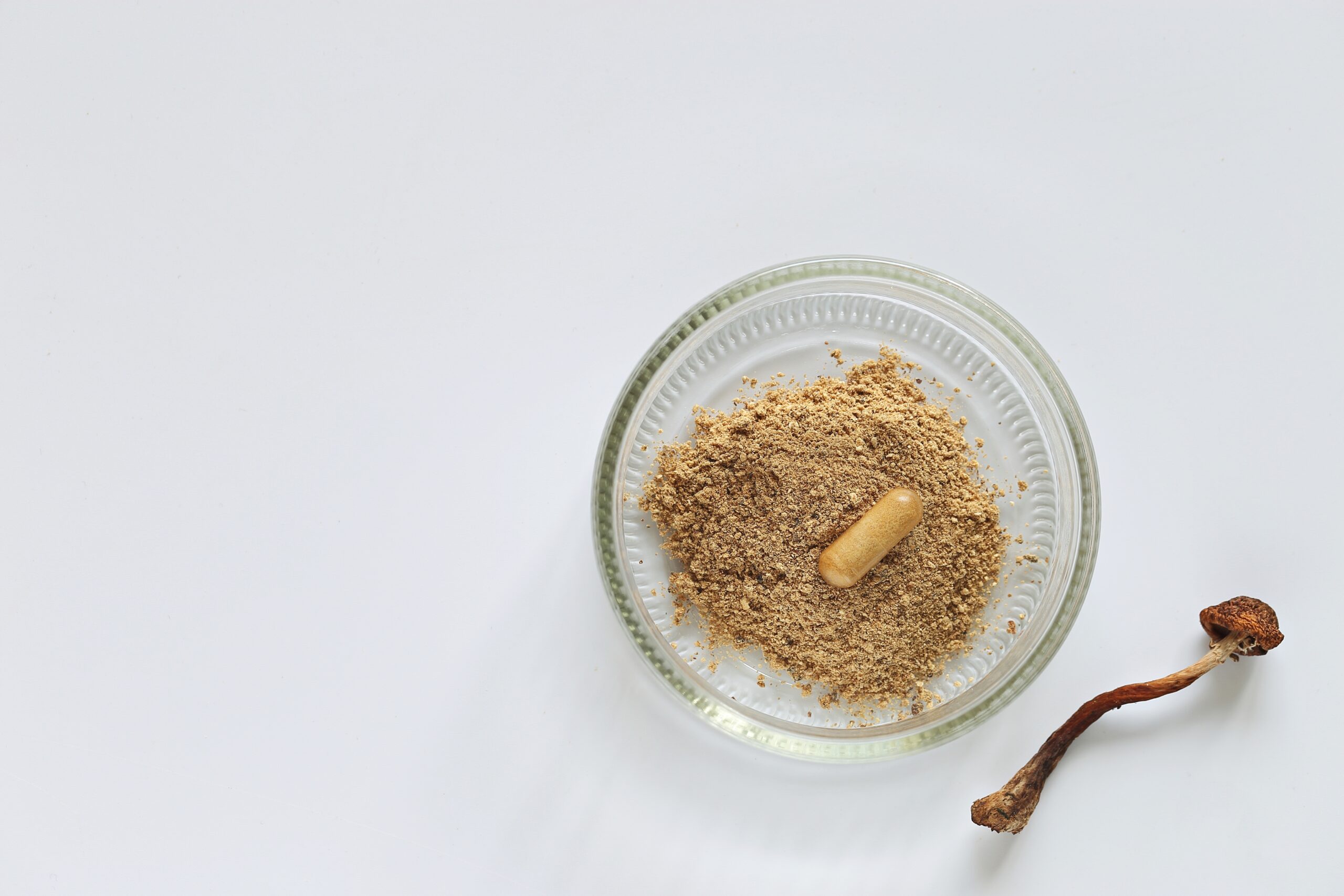5 Steps to Convince Your Spouse to Enter Addiction Treatment

Addiction is a family disease, according to the National Council on Alcoholism and Drug Dependence.1 It can have a devastating effect on the entire family system.
If your spouse continues to use drugs or alcohol even though it’s causing problems in his life, such as legal or financial issues, problems at work or home or physical or mental health problems, it’s likely that they has an addiction.
The National Institute on Drug Abuse stresses that willpower and good intentions are rarely enough to end an addiction for the long-term.2 Professional help is almost always needed. But what if your spouse doesn’t want to get help? Or what if they don’t think they have a problem? Follow these five steps to convince your spouse to enter addiction treatment.
Step One: Educate Yourself
The most important thing you can do right now is to educate yourself about addiction. Understand that addiction almost always has underlying causes, such as chronic stress or a mental illness like depression or anxiety. Know how addiction develops and how it affects thought and behavior patterns. Read the National Institute on Drug Abuse’s 13 principles of effective treatment to help you understand how addiction is best treated.3
Step Two: Talk to Your Spouse
Knowing what you now know about addiction, have a discussion about it with your spouse. Make sure he or she is sober and you’re both in a calm state. Tell your spouse that you care about them, and you’re worried. Explain specifically why you think they’re addicted. Ask them if he also feels like he has a problem.
If he agrees and expresses a desire to get help, find a high-quality treatment program that offers individualized recovery plans and takes a holistic approach to treatment.
Step Three: Get Support
Maybe your spouse insists they don’t have a problem, or they agree that there might be a problem, but they’re resistant to treatment. In this case, you might need a little extra support in order to effectively convince your spouse to enter addiction treatment.
Chances are, you have developed some unhealthy coping skills that you may not be aware of. Identifying these behaviors—which may be enabling your addicted spouse—and addressing them will bring greater clarity for both of you, and you’ll be able to react better to your spouse’s substance abuse in ways that can effectively lead to treatment.
Consider individual therapy with someone who specializes in addiction or family therapy. Join a support group like Al-Anon or Nar-Anon for emotional support, advice and resources and a safe place to share honestly about how the addiction is affecting you.
In the meantime, continue talking to your spouse about getting help.
Step Four: Consider an Intervention
If nothing you say seems to do any good, or if you feel your spouse’s addiction requires immediate action, an intervention is likely to help you convince him to enter rehab. An intervention that’s executed with the help of a specialist has a 90 percent chance of getting your spouse to agree to treatment, according to the National Council on Alcoholism and Drug Dependence.4
Step Five: Don’t Give Up Hope
The Substance Abuse and Mental Health Services stresses that hope—the belief that a better future is possible—is the foundation of recovery. It’s also the foundation of getting your spouse into treatment. No matter what, don’t give up hope. Continue to learn, and continue to get support. Chances are, you’ll get your spouse to agree to treatment sooner rather than later.
References:
- https://www.ncadd.org/family-friends/there-is-help/family-disease
- https://www.drugabuse.gov/publications/drugfacts/understanding-drug-use-addiction
- https://www.drugabuse.gov/publications/principles-drug-addiction-treatment-research-based-guide-third-edition/principles-effective-treatment
- https://www.ncadd.org/family-friends/there-is-help/intervention-tips-and-guidelines








